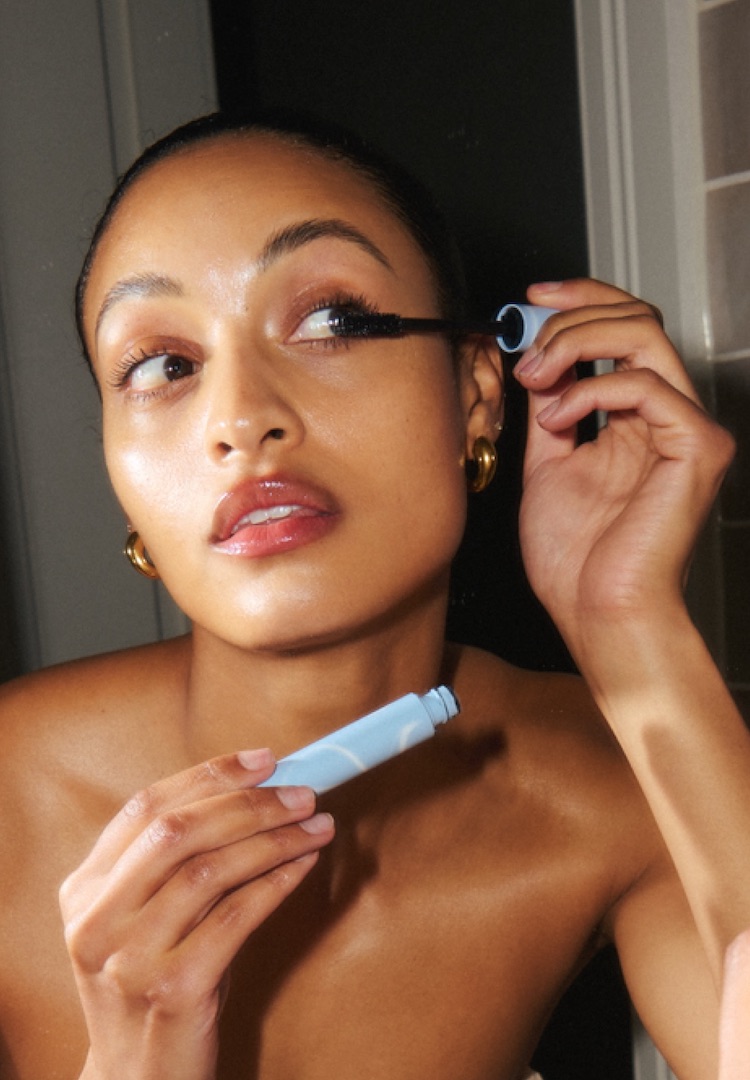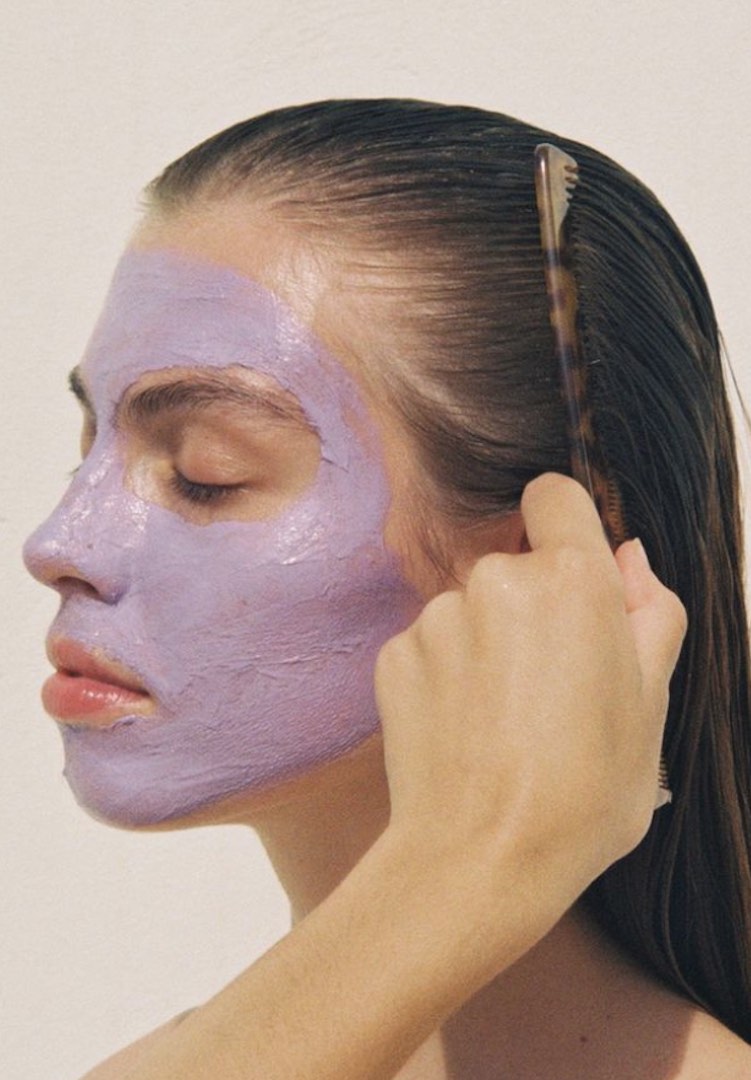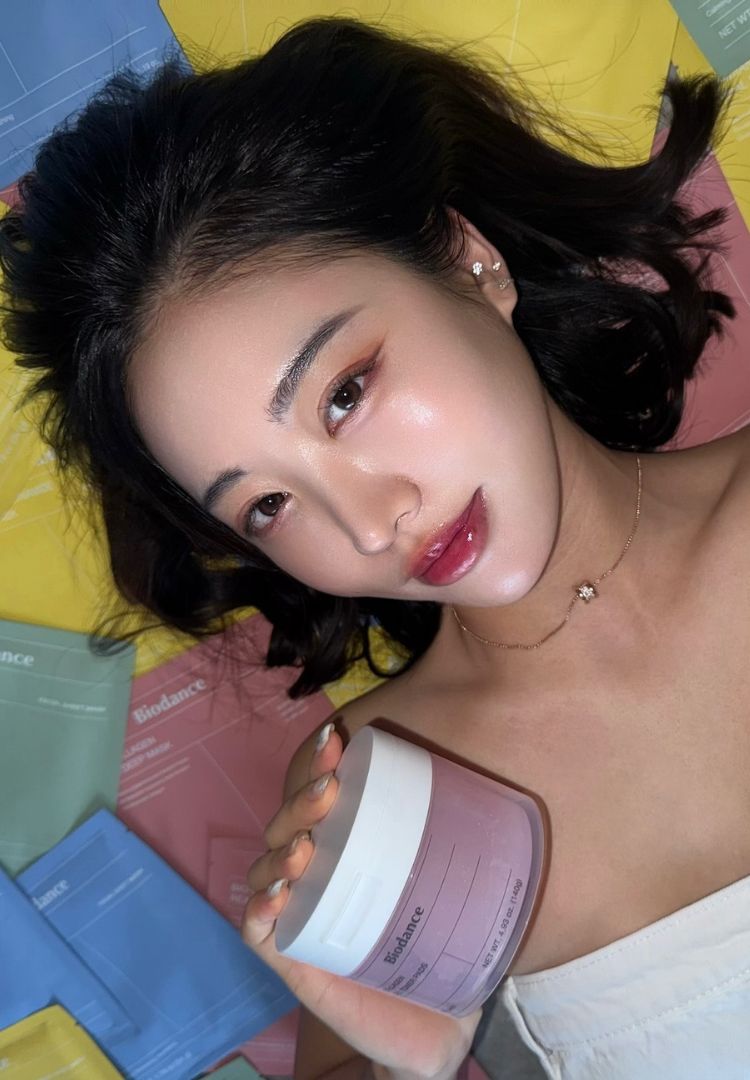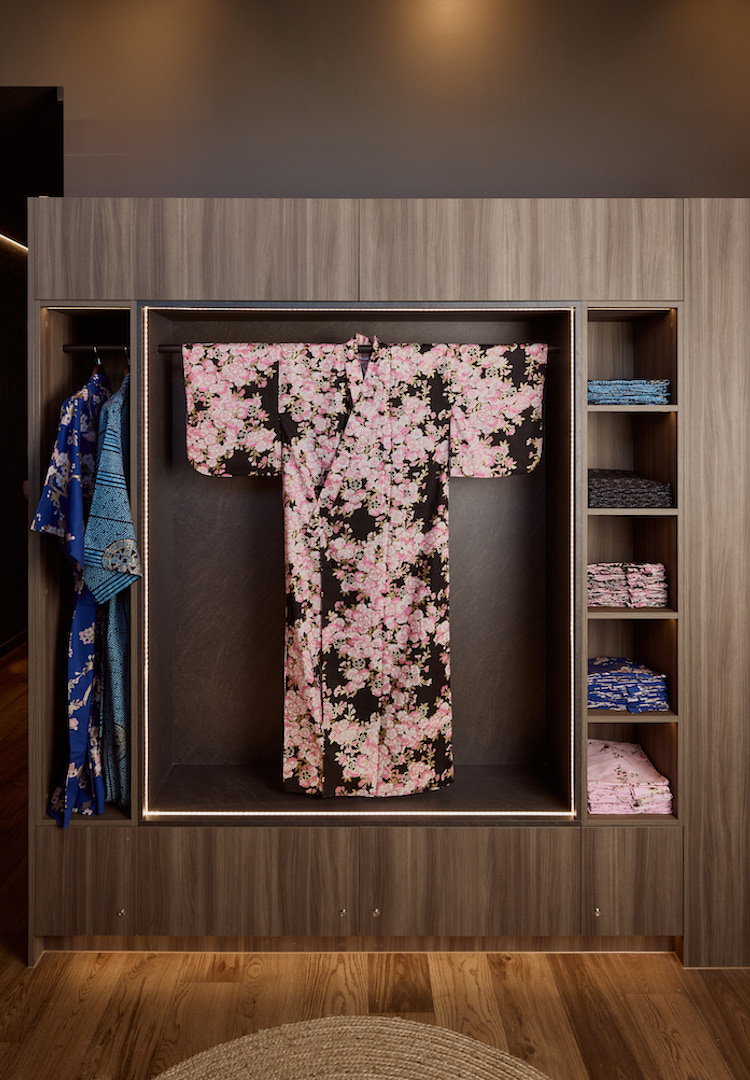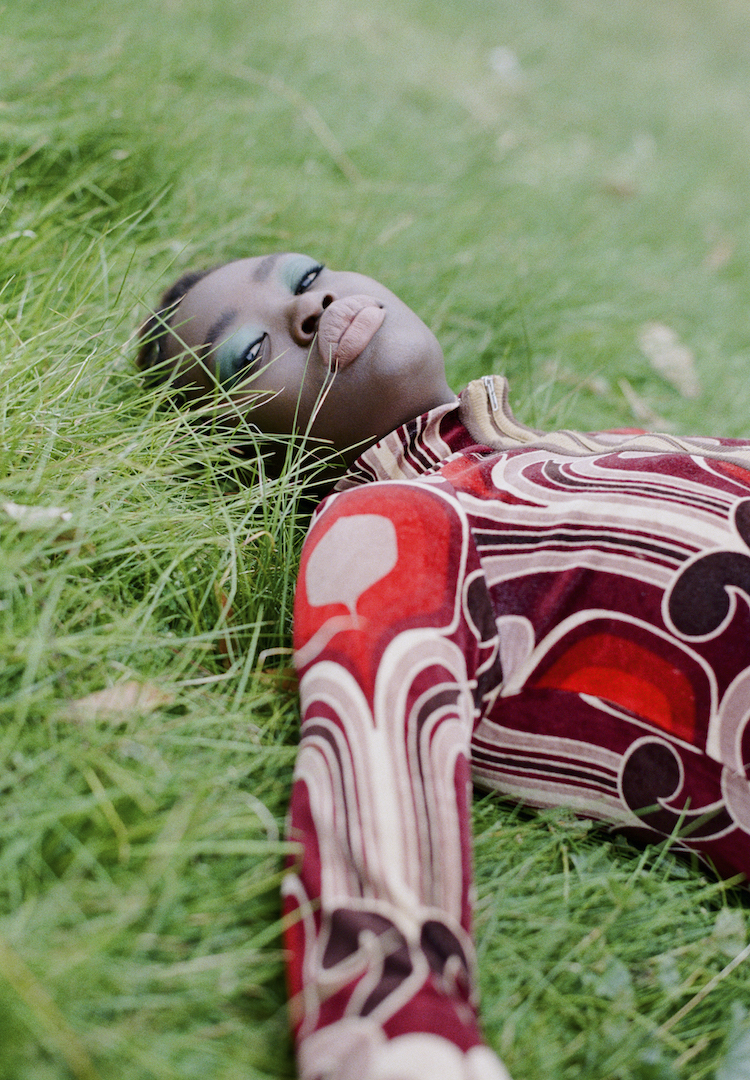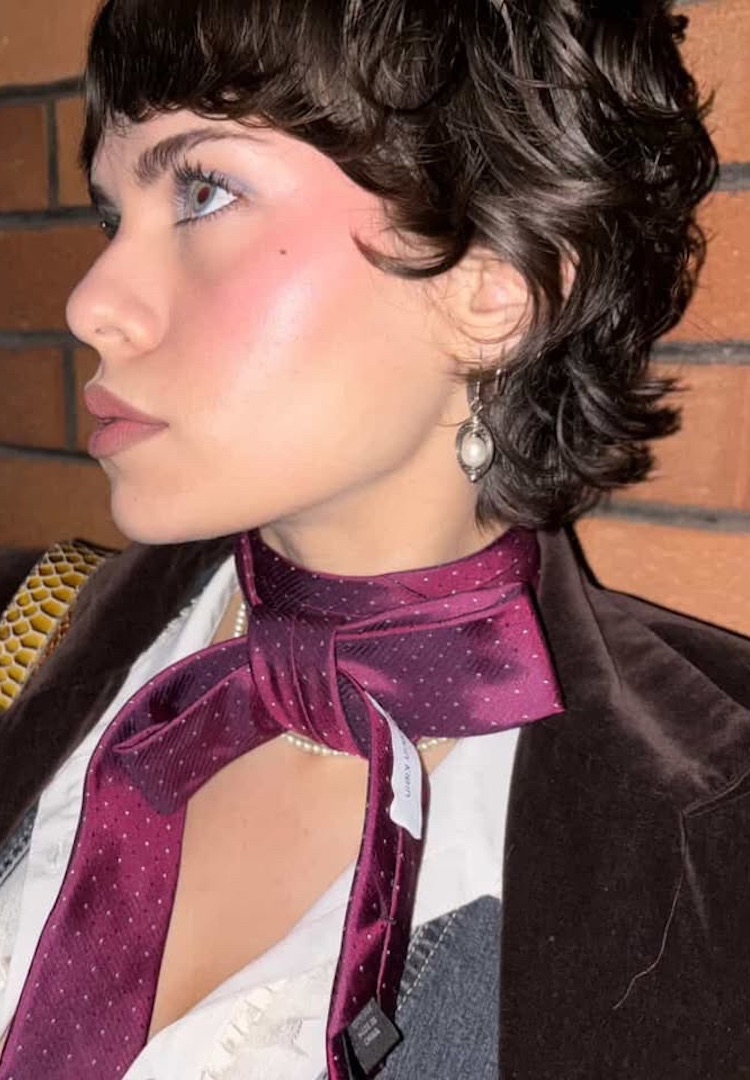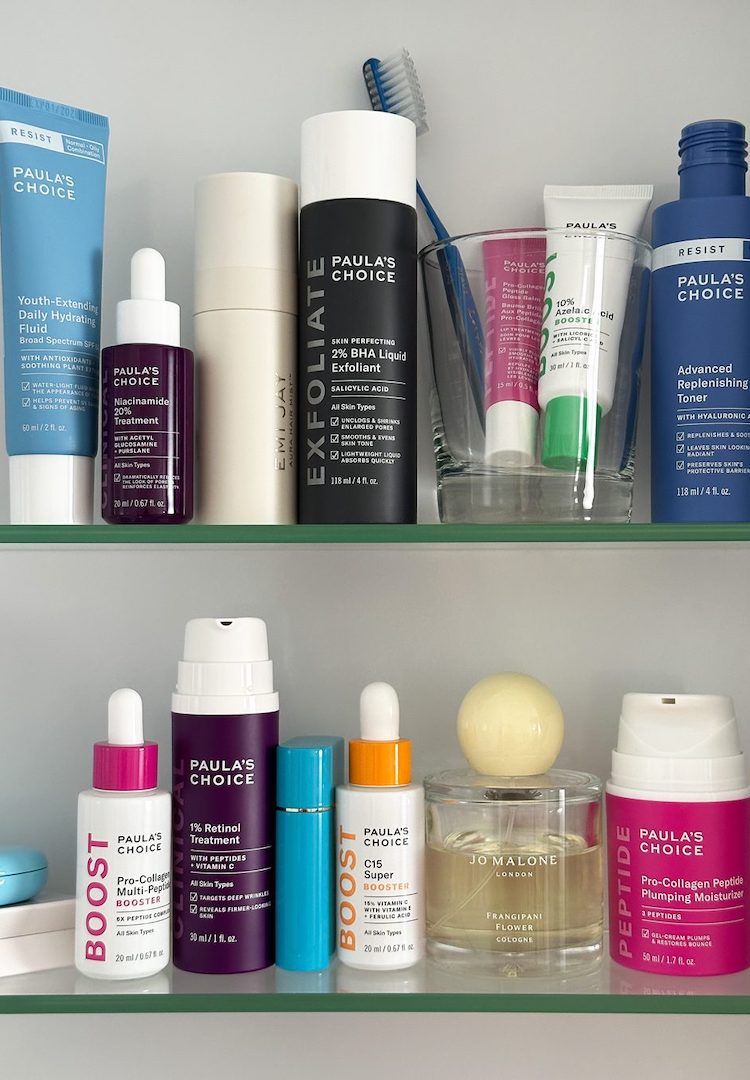Ask a derm: Why is my scalp so dry and what can I do about it?
IMAGE VIA @MECCAbeauty/instagram
WORDS BY BELLA BACKWELL
The lowdown on getting rid of those little white flakes.
Every year without fail, my scalp begins to dry up as soon as colder weather arrives. I’ve always considered this to be a pretty normal experience and besides being slightly uncomfortable, it had little impact on my life.
This year, however, the dryness is back with a vengeance, determined to exceed every previous year. I was perplexed as to why this was happening. I mean, I’m hardly exposed to cold weather since I stay inside most of the day, working from home.
Looking for more haircare advice? Head over to our Beauty section.
I’m prone to dryness everywhere and religiously slather oils and creams on my face, lips and body. But I’ve been at a loss when it comes to addressing the dryness of my scalp, besides using my housemate’s Head and Shoulders.
I’m fed up with worrying about those pesky white flakes and I’m sick of avoiding black tops. In search of answers, I enlisted some help from Dr Bevin Bhoyrul from Sinclair Dermatology, who told me what the causes are and how to get rid of it.
Signs that you have a dry scalp
The classic telltale sign that you have a dry scalp is finding white flakes in your hair (or on your clothes, for the unlucky ones like me). Itching, irritation and soreness also occur when your scalp is dry. Clearly, it’s not a fun time.
Factors causing your scalp to dry out
“Overwashing your hair can cause a dry scalp,” says Dr Bhoyrul. This is particularly common if you’re using a shampoo that contains harsh detergents, fragrances and preservatives. Check the backs of those bottles, people!
It turns out you’re not entirely to blame for developing a dry scalp if, like me, hair care is embarrassingly low on your priority list. Factors beyond your control can contribute to a dry scalp, such as changes in the seasons. “At certain times of the year, there is more of a tendency to get a dry scalp,” explains Dr Bhoyrul.
When you are more at risk of developing a dry scalp
You guessed it – winter. “This is not so much to do with the actual weather,” says Dr Bhoyrul. Hibernating inside, whether at home or in the office, means your AC heating is on more than usual. “Heating dries the air and there is not a lot of humidity – this is what gives you not just a dry scalp, but dry skin generally.”
Is having a dry scalp different to having dandruff?
I’m guilty of lumping the two together, I mean, they’re both just flakes in your hair, right? Wrong. Although dry scalp and dandruff can have the same symptoms, they’re actually two different conditions. “Both dandruff and a dry scalp are itchy and flaky, but the flakes that you get with dandruff are different to those you get with a dry scalp,” says Dr Bhoyrul. “The flakes with dandruff look a bit yellow, whereas the flakes with a dry scalp are white.”
Their causes are, in fact, the complete opposite, so it’s important to determine which condition you have in order to tackle it correctly and prevent it reoccurring in the future. Dandruff is caused by excess oil, whereas a dry scalp is caused by dryness (it figures).
Try these treatments for your dry scalp
To treat dryness of the scalp, firstly, “limit exposure to very chemical-rich shampoos,” advises Dr Bhoyrul. Try a sulphate-free shampoo, as they are less likely to cause dryness. To take it a step further, choose a hydrating hair wash, which, as Dr Bhoyrul assures me, actually helps dry hair more than standard shampoos.
Other remedies to try are coconut oil, aloe vera, scalp scrubs and essential oils for maximum hydration. Making sure you eat a healthy diet is also key, says Dr Bhoyrul, so pack in those fruits and veggies.
Sadly, there’s no magic number of weekly hair washes that can prevent your scalp from drying out and flaking. This varies for each person, depending on how much hair you have, how thick it is, and whether it’s curly, straight, or somewhere in between. Dr Bhoyrul recommends washing one to two times per week for curly hair and two to three times per week for straight or wavy hair.
So, try these tips to hydrate your scalp and stop those pesky flakes popping up in your hair and on your clothes. You’ll be wearing your favourite black top again in no time.
This article was originally published on September 27, 2021.
For more on how to tell the difference between a dry scalp and dandruff, head here.

